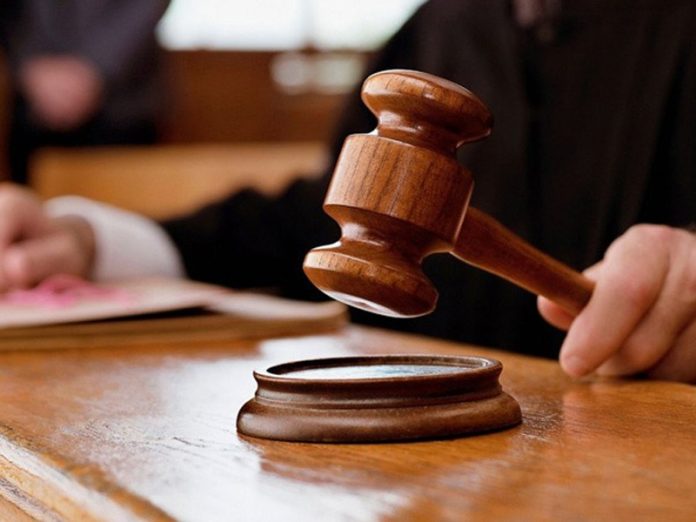Excelsior Correspondent
Srinagar, Oct 15: High Court set aside a trial court order, discharging two persons of the murder charges in connection with a case leading to death of a person allegedly during scuffle between two groups of Jamiat more than a decade ago.
The case had been registered by police following a report received by SHO concerned that on 29 April 2011 that at around 1 pm that when people started coming to a mosque in Nowgam for offering Friday prayers, there was hue and cry in the mosque and two factions attacked each other.
One Mohammad Ismail was seriously injured, who was referred to hospital. On the report of the SHO, an FIR (51 of 2011) was registered on the day of occurrence for commission of offences under section 120-B, 148, 149, 342, 307, 295-A, 353, 510, 323 RPC (now repealed) with police station Nowgam.
While the investigation was continuing, injured Mohammad Ismail succumbed to his injures. After recording statement of the witnesses, the Investigation Officer established offences under section 120-B, 148, 149, 307, 342, 295- A, 153-A, 353,323 RPC against 24 accused persons. However against two brothers- Abdul Majeed Ganai and Mohammad Ayoub Ganie, the offence under section 302 RPC (murder) was established besides offences with which other accused were booked.
Subsequently, a trial court in Budgam on 12 December 2011 discharged the brothers in respect of allegations of commission of offence under section 302 RPC and instead charged them under section 304 part-II RPC (culpable homicide not amounting to murder).
However, the then State of J&K through Additional Advocate General challenged the order before the High Court in 2012.
“Perusal of the order makes it abundantly clear that trial court has appreciated the statements of the witnesses made during investigation, as if the learned trial court was passing the final judgment after conclusion of the trial,” a bench of Justice Rajnesh Oswal said, adding, “It appears that the learned trial court was swayed by the fact that the deceased was hit by the accused only once and there was free fight between the two parties.”
Whether the accused had an intention to cause death of the deceased or not, the court said, can be ascertained only after the full-fledged trial.
“While considering the issue of charge/discharge, the evidence cannot be meticulously and critically appreciated by the court, as has been resorted to by the learned trial court,” the Bench said and set aside the order dated 12 December 2011. “Needless to say that this court has not expressed any opinion on the merits of the claims of the parties. The trial court shall proceed in the matter without being influenced by any observation, if any, made by this court while deciding the controversy involved in this petition,” the court added.


